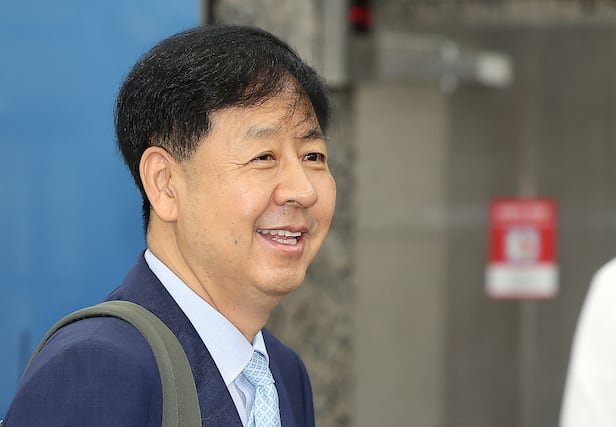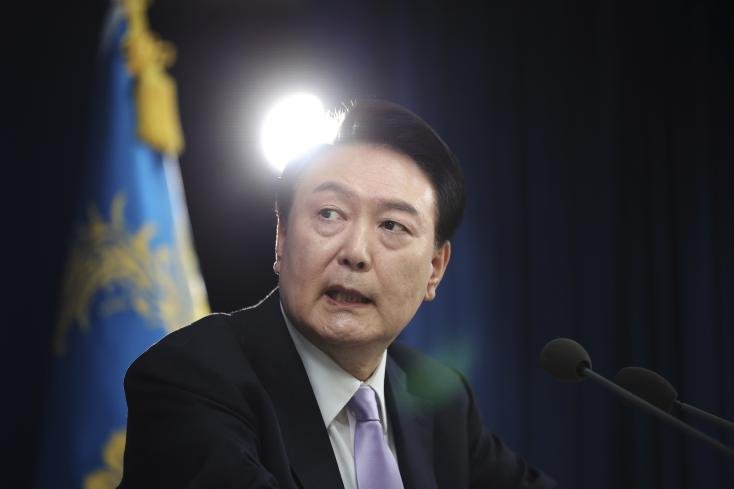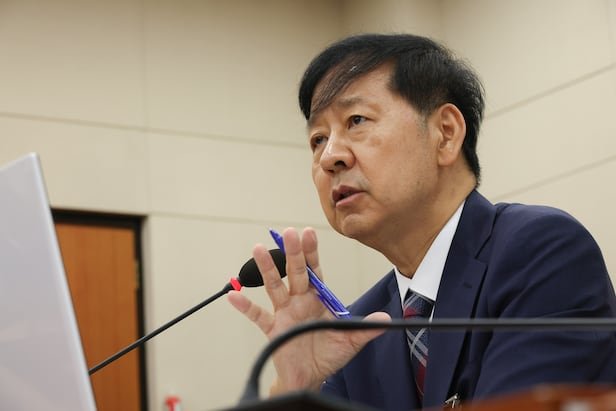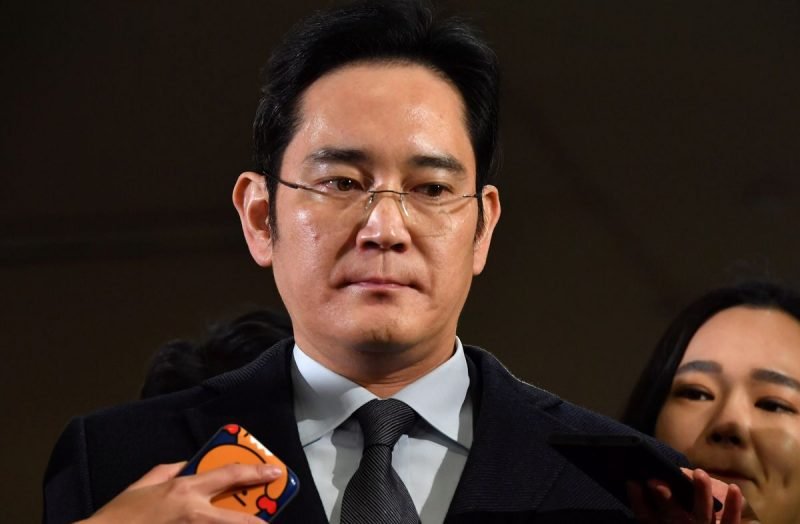
By Gen Just Law, July 17 2025
South Korea’s Supreme Court has upheld the acquittal of Samsung Electronics Chairman Lee Jae-yong in the long-running merger fraud case that once threatened to reshape corporate governance in the country. The July 17 ruling closes the door on a prosecution campaign that accused Lee of manipulating stock prices and inflating financial statements to secure control over the Samsung Group via a controversial 2015 merger.
At the heart of the case was the union between Samsung C&T and Cheil Industries, a move that allegedly undervalued Samsung C&T shares while boosting those of Cheil, where Lee held a stronger stake. Prosecutors claimed the merger unfairly benefited Lee at the expense of minority shareholders and was part of a larger succession strategy engineered through illicit influence. They argued that accounting irregularities at Samsung Biologics, a key Cheil affiliate, were central to the fraud.
Lower courts, however, consistently ruled that the evidence failed to prove Lee’s direct involvement in the manipulation or any intent to deceive. The Supreme Court agreed, affirming the appellate decision and noting that prosecutors did not meet the burden of proof required under the Capital Markets Act for price manipulation and accounting fraud.
The legal standard in such cases remains stringent. For stock manipulation to be punished, prosecutors must demonstrate not only deceptive intent but also a clear causal link between the actions and market distortion. The court found the link too tenuous in this instance, a conclusion that effectively ends any further legal avenues for the prosecution.
This verdict represents a significant turning point. While it secures Lee’s legal standing as Samsung’s executive leader, it also raises wider questions about corporate accountability. Critics argue the ruling reflects the limits of the judiciary in reining in chaebol power, especially in complex financial disputes that hinge on subjective valuations and opaque accounting frameworks.
Legally, the ruling now serves as precedent on two key points: first, how much direct involvement is necessary to establish criminal liability in corporate accounting cases; second, how courts interpret “intent” in the context of restructuring and succession within family-run conglomerates.
Lee had previously served 18 months in prison on unrelated bribery charges tied to the Park Geun-hye scandal. His acquittal in the merger case may strengthen Samsung’s institutional continuity, but it has already reignited public debate over the perceived imbalance between legal power and financial influence in South Korea.
Author

Latest entries
 US2025-07-19Madeline Soto Murder — Will He Plead Guilty ? All Eyes on Stephan Sterns Ahead of Monday’s Hearing
US2025-07-19Madeline Soto Murder — Will He Plead Guilty ? All Eyes on Stephan Sterns Ahead of Monday’s Hearing US2025-07-19Tragedy on Crawford Pond: 17 YO Teen Arrested in Brutal Killing of Sunshine Stewart
US2025-07-19Tragedy on Crawford Pond: 17 YO Teen Arrested in Brutal Killing of Sunshine Stewart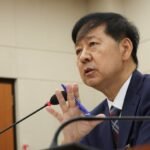 한글 기사2025-07-19권력 설계도: 구윤철 후보자의 경제 비전과 법적 과제
한글 기사2025-07-19권력 설계도: 구윤철 후보자의 경제 비전과 법적 과제 South Korea2025-07-19Blueprint for Power: Koo Yoon Chul’s Economic Vision Under Legal Scrutiny
South Korea2025-07-19Blueprint for Power: Koo Yoon Chul’s Economic Vision Under Legal Scrutiny
